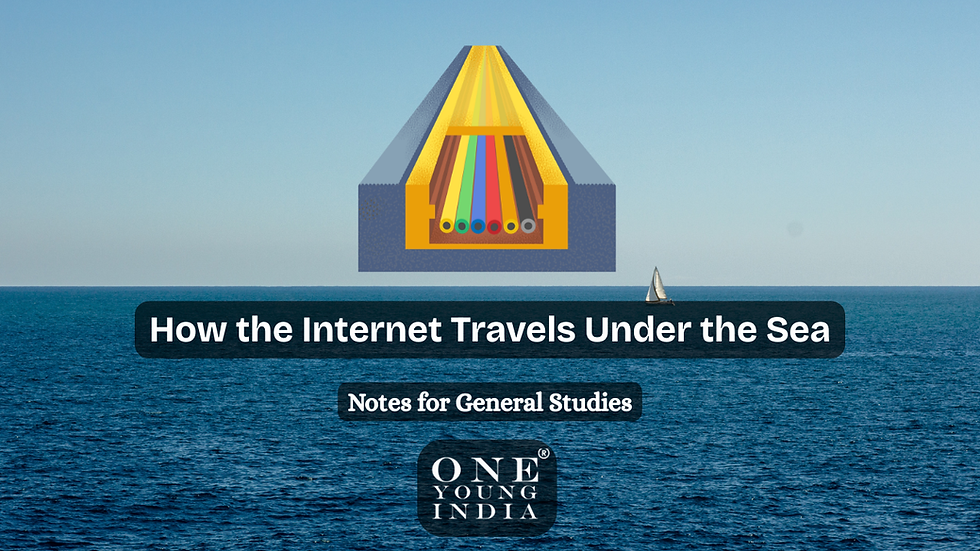What is Net Zero?
- One Young India

- Oct 12, 2022
- 2 min read
Introduction
Net zero refers to a state of neutrality in which the greenhouse gases going into the atmosphere are balanced by removal out of the atmosphere. The necessity of net zero is emphasised by the Paris Agreement. In the second half of this century, states must "establish a balance between anthropogenic emissions by sources and removals by sinks of greenhouse gases."
The idea of net zero has become important in the backdrop of climate change. Evidence shows that our planet is getting hotter. According to the World Meteorological Organization, the last 22 years have seen the warmest 20 years on record, with the most recent four of those years occurring from 2015 to 2018. The average temperature across the globe has increased by 1.2°C since the pre-industrial era. The science is very clear that the increase in global temperature must be kept to 1.5°C above pre-industrial levels in order to prevent the worst effects of climate change and maintain a livable planet. The Earth has already warmed by 1.1°C since the late 1800s, and emissions are still rising. Emissions must be cut by 45% by 2030 and reach net zero by 2050 if the Paris Agreement's goal of limiting global warming to 1.5°C is to be met.
Although one degree may not seem like much, this gradual warming already seems to be having a harmful effect. Furthermore, if current patterns continue, this is expected to get worse, with estimates of a 2.7°C increase in world temperatures by 2100.
We are already seeing the effects of climate change, including irregular weather patterns, such as heatwaves, floods, and severe storms, loss of polar ice, and rising sea levels, even with this slight increase in global temperatures. If global warming worsens, this will only get worse.
The following nations have declared net-zero targets:
The European Union has a plan to achieve carbon neutrality dubbed "Fit for 55."
China likewise said that its emissions will peak in 2030 and that it would achieve net zero emissions by the year 2060.
The "Net Zero by 2050" Roadmap for Net Zero Emissions (NZE) has been made public by the International Energy Agency (IEA).
Is It Enough?
Oxfam’s report “Tightening the Net” says that too many governments and corporations are hiding behind unreliable, unproven and unrealistic ’carbon removal’ schemes in order to claim their 2050 climate change plans will be ‘net zero’.
Nafkote Dabi, Climate Change Lead for Oxfam International, said: “Net zero’ should be based on ‘real zero’ targets that require drastic and genuine cuts in emissions, phasing out fossil fuels and investing in clean energy and supply chains. Instead, too many ‘net zero’ commitments provide a fig leaf for climate inaction. They are a dangerous gamble with our planet’s future.”
How is net zero possible?
One of the biggest problems humanity is facing today is the transition to a net-zero planet. It demands nothing less than a radical change in the ways that we produce, consume, and travel. Around three-quarters of greenhouse gas emissions now come from the energy sector, which also holds the key to preventing the worst effects of climate change. Carbon emissions would be significantly reduced if electricity from renewable sources, like wind or solar, were to replace conventional energy sources like coal, gas, and oil-fired power.




